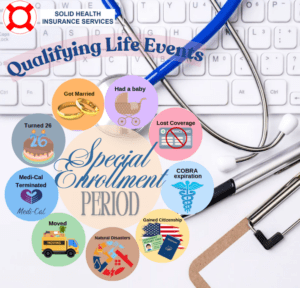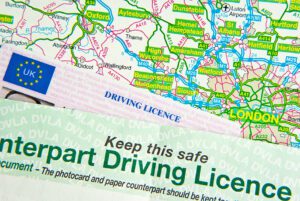How do I find my ID number?
How do I find my ID number?
The identity number is printed on all of your national identification documents, such as your ID-card, passport, residents permit etc. It is usually either next to or below your name or your birth date. Look for a number with 11 digits containing your birthday in a year-month-date or date-month-year format.
Can I buy groceries with my OTC card?
OTC Food Benefit Card It can be used to purchase eligible food items such as fresh fruits and vegetables, milk, bread, eggs.
What Stores Can I use my UnitedHealthcare OTC card?
You can use your OTC card for covered items at participating local retailers, including: CVS. Walgreens. Duane Reade. Rite Aid. Dollar General. Family Dollar. Walmart. Jan 27, 2022
Does UnitedHealthcare have over the counter benefits?
UnitedHealthcare’s OTC benefit (not available with all plans) helps cover many of the things you buy over the counter that relate to your health. Pick up toothpaste to keep your pearly whites sparkling between dental visits. Buy your favorite OTC pain relievers, cough drops and vitamins, too.
What is the subscriber ID on insurance card?
Mar 22, 2018 — Member ID/Policy Number. Each person covered by a health insurance plan has a unique ID number that allows healthcare providers and their ( 2 )… This is also called your Subscriber ID number, and you can find it on your Health Net insurance card.
What is SR ID number?
NOTE: Your SR ID number is the 7-digit identification number found on your UnitedHealthcare StudentResources Medical ID Card.
Is car insurance cheaper in Mo?
That’s why it’s important to compare rates from multiple insurers. The average cost of full coverage car insurance in Missouri is $1,760 per year, or about $147 per month, according to NerdWallet’s analysis. Minimum coverage in Missouri is $537 per year on average, but we found you can likely get a cheaper policy. Dec 8, 2021
What is the cheapest car insurance called?
State-minimum liability coverage is the cheapest type of car insurance. Liability-only insurance is $1,333 cheaper on average than a full-coverage policy. 5 days ago
How do I get 10% off my car insurance?
One way to receive a discount of up to 10% is to enroll in a drivers education or a defensive driving course. A drivers education course is especially important in the case of teen drivers or others who may expect high insurance premiums. Senior drivers also may have the option of taking a refresher course.
Can you go to jail for not having car insurance in Missouri?
You could lose your driving privileges for an entire year and be forced to pay a $400 reinstatement fee, on top of a $500 fine and/or 15 days in jail. Also, “”no insurance”” tickets can never be removed from your record in Missouri. How Does a Lapse in Car Insurance Coverage Affect Rates? Oct 20, 2021
What is the minimum auto insurance coverage in Missouri?
The minimum level of coverage required by state law is: $25,000 per person for bodily injury. $50,000 per accident for bodily injury. $25,000 per accident for property.
How much is car insurance a month?
The national average cost of car insurance is $1,630 per year, according to NerdWallet’s 2022 rate analysis. That works out to an average car insurance rate of about $136 per month. Feb 9, 2022
How can I get cheaper car insurance?
Listed below are other things you can do to lower your insurance costs. Shop around. … Before you buy a car, compare insurance costs. … Ask for higher deductibles. … Reduce coverage on older cars. … Buy your homeowners and auto coverage from the same insurer. … Maintain a good credit record. … Take advantage of low mileage discounts. More items…
Is Geico cheaper than the general?
Geico beats The General across all categories analyzed by WalletHub: cost, types of insurance available, discounts offered, customer reviews, and NAIC rating.
Why are Geico rates so low?
Geico is cheap because it saves money by not hiring adequate staff to service its customers. Customers may save money but pay in other ways, such as very long waits on the customer service line, adjusters who don’t return calls or texts, etc.






